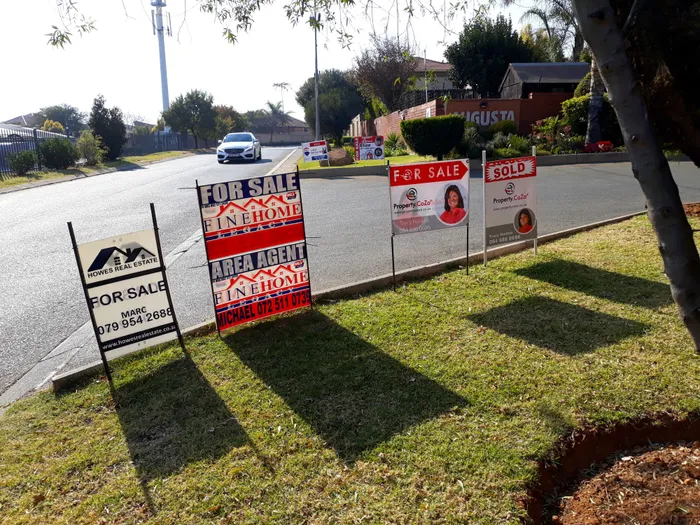SA homes surge again, but rising costs leave many locked out

If interest rates remain stable, or come down further, more buyers could use that affordability to their advantage.
Image: Karen Sandison / Independent Newspapers
After several difficult years, the South African property market is entering 2026 with strong momentum.
A mix of interest rate stability, improving affordability and changing buyer priorities is driving the recovery that started in mid-2025.
Sellers are seeing the benefits, while first-time buyers and investors are cautiously re-entering the market.
“People are finally able to seriously consider buying a home without being anxious about issues like rising interest rates,” said Bradd Bendall, national head of sales for BetterBond.
Bendall added that lower borrowing costs and a steadier market make buying a far more practical decision than it was earlier this year.
While housing is set to surge, rising prices are shutting others out.
In South Africa, less than 16 % of households can afford homes above R1.3 million, Henri Le Grange, a certified financial planner at Old Mutual, has said.
Annual house price growth accelerated to 4.5% in August 2025, according to the First National Bank House Price Index – the fastest pace since 2022.
Property prices in many areas are now rising faster than inflation, signalling a more resilient upturn.
Many younger buyers worldwide find owning a home is harder now than it was for their parents, with higher deposits and monthly repayments forcing some into long-term renting and keeping ownership out of reach for those without substantial savings or higher incomes.
Yet, Lightstone data shows that young adults aged 20-35 accounted for almost 30% of all property transactions in 2024, with 17% of them paying between R1 million and R1.5 million.
Interest rate stability is helping buyers, particularly women in their thirties, who make up a significant share of first-time buyers, said BettaBond.
“For many of them, 2026 will be the year they finally enter the market because it will be more affordable to do so,” Bendall noted.
Changing lifestyle needs are also shaping demand.
Many are opting for larger, family-oriented homes with flexible layouts that support hybrid work – a trend developers and lenders are expected to cater to more actively next year, said BettaBond.
While confidence started to improve in 2024, sustained stability through 2025 has created a firmer foundation for investment and buyer sentiment, said BettaBond.
Investor confidence is also on the rise after South Africa’s delisting from the Financial Action Task Force greylist.
Berry Everitt, CEO of the Chas Everitt International property group, has said the decision was “strongly positive for the economy as a whole and will also add impetus to housing demand and the recovery of the real estate sector”.
Everitt added that renewed investor confidence is expected to spill over into the housing market, particularly from abroad.
Regional momentum is broadening beyond the Western Cape, with Gauteng and KwaZulu-Natal seeing growth.
“If interest rates remain stable, or come down further, we could see more buyers using that affordability to their advantage,” Bendall said.
Bendall added that this “includes first-time buyers, investors looking for well-priced stock, and existing homeowners ready to make their next move”.
“Property remains a long-term investment,” Bendall said. “But the conditions going into 2026 are more balanced and predictable than they’ve been in years.”
IOL Business